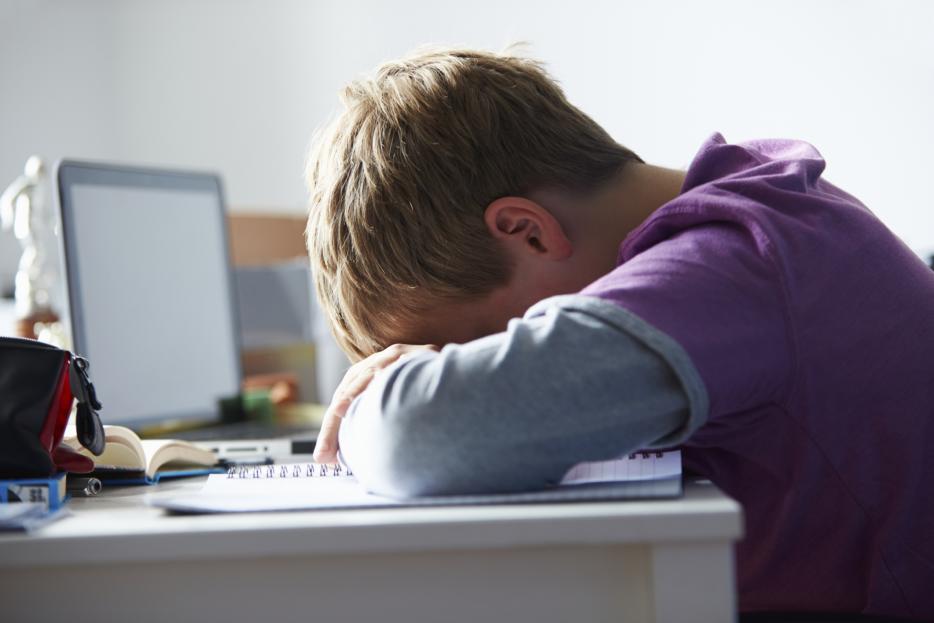
Too Much Choice in Education
From a young age the journey of my life was not a matter of discussion or conjecture.
On my fifth birthday, I started school, the primary that was closest to where I lived. That was how it was. Our meals were traditional fare, a mixture of what you could grow or buy at the local butchers, greengrocers or corner store. Our diet was limited, but judging by the almost complete absence of obesity amongst my friends at school, everyone seemed healthy enough. There was a limited range of clothes to choose from which made us dull, but homogeneous, while entertainment, games and schooling was pretty much the same for everybody. Nobody lauded it over others. Parents had few decisions to make and trusted teachers to teach just as they trusted policemen to keep order and banks to look after your money.
Not now. The explosion in choice has meant that we are confronted with a constant stream of decisions about anything from the colour of your iPhone to the foods you eat. It begins early: pre-natal advice, choosing a nursery, what type of school (private or state, church school, free school, comprehensive or academy, faith school, specialist schools) and continues in everything we do. Even the simple act of having a cup of coffee or tea (black? white?) is now a burgeoning smorgasbord of ever more exotic beans / leaves and numerous classifications to find the taste that best suits our palate.
Through judicious use of iPlayer, downloads and streaming we are no longer restricted to the collections of records, tapes, CDs we could afford or half a dozen television channels. We can have whatever entertainment we want at our fingertips. Choice is everywhere and our lives at much richer as a result. At least, for some.
For children who thrive on security and stability, too much choice can be debilitating. Children thrive when life is simple and guidelines are clear. No more. It is not unreasonable to speculate that one of the reasons for the epidemic in mental health amongst the young has its root, at least in part, in the fact that they a faced with too many options and pressures to choose when they are not ready to do so
The wider problem with choice (and yes, there is a problem) is that choice can also be divisive. If you’ve ever worried about the obesity problem that has exploded in recent years, look no further than the foods that are available for the upper and lower incomes. Healthy food – free range and organic and the leaner cuts, better vegetables and breads are there, but often out of reach of those on lower incomes. What is cheaper are the fast foods, full of calories and sugar, cheap bread and cakes, cheap drink, all aimed at a very specific market. The recent headline that children in poor areas are exposed to five times as many fast food takeaways should come as a surprise to no-one. And somehow such exploitation is permitted by councils and government.
It doesn’t stop there. Being able to afford hybrid or electric cars over diesel, choosing private health providers or private education, means that our already polarised society is widening even further. Options are available in every sphere of life if you can afford them. Of course, this was always the case to some degree, but the increase choice has allowed for a two-tier society to take root and exacerbate social fracture. How unfortunate, for instance, that we have a succession of governments that has allowed the sale of patently unhealthy food to those who cannot afford otherwise, even while knowing the damage that results by doing so. If you want to see the dark side of capitalism, look at how it treats the poor. If you want to ask about the ethics of those who rule us, look at how they justify choice, from turning a blind eye to tax evasion by large companies or by the duplicity of the very significant numbers of MPs with interests in private health providers. Choice sounds fine in principle, but it is gradually dividing us, degree by painful degree, as the ability to make such choices are unevenly distributed and inevitably allow one section of our society to make choices which make them healthier, better educated and able to perpetuate their wealth. Is that a good thing? I doubt it.
About the Education Consultant
Peter Tait is a former Head of a leading UK public school and is part of the William Clarence Education Advisory Board
William Clarence Education offers unbiased advice on UK School and University Placement, Oxbridge Admissions, US College Applications, UCAS application and extensive support for parents and students in all aspects of preparing for entry to the UK. Please contact us on 02074128988 to discuss your particular needs, or email info@williamclarence.com
